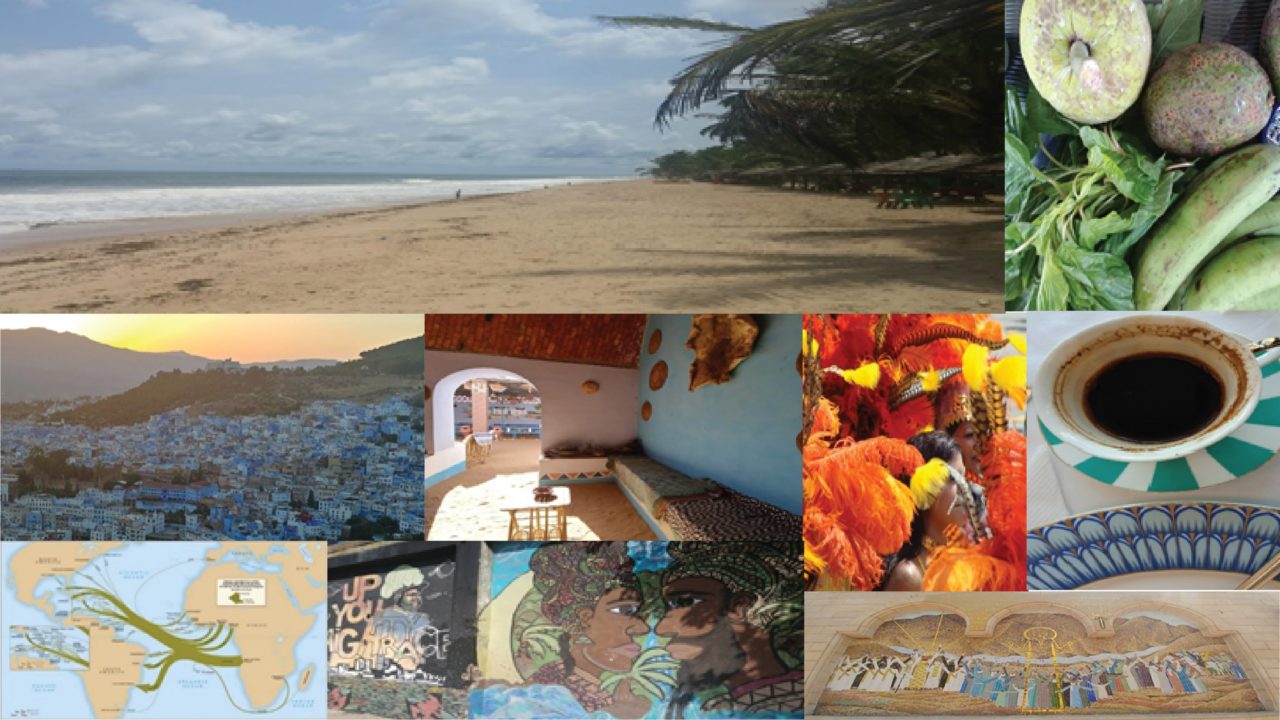
“A people without the knowledge of their past history, origin and culture is like a tree without roots.” Marcus Garvey
As I traveled through several countries in Africa, one of my greatest memories is of the people. Through them I witnessed their pride in their beauty, culture and identity. Region to region, city to city, village to village, I noticed our similarities reflected in language, art, food and storytelling. I was mindful of our resemblance and semblance.

History teaches us that there were many diasporic streams that date back hundreds of thousands of years. The notion of diaspora is not restricted to the story of peoples of African heritage.
The diasporic stream that most are familiar with when reflecting on black history is the transatlantic slave trade. Despite this familiarity, it is important to underscore that black history did not start with enslavement. Furthermore, enslavement was not the experience of all persons of African descent.
Our histories did not start with the, trauma, loss, suffering and mass murder that was associated with this unconscionable exploitation. Before the 16th century our cultures, nations, families and businesses thrived and continue to do so today


So, what does the modern diaspora look like?

Our diversity is reflected in cultural characteristics and traditions that are unique depending on one’s places of origin. It is reflected in our spiritual and religious practices, languages and social norms. For some it is expressed and celebrated in art, cuisine and at festivals.

According to Statistics Canada (2019), approximately 1.2 million people identified as being black, with most being born in Canada. Today black new comers to Canada come from close to 125 different countries. Many new comers report being born in regions in the Caribbean, Americas, Europe, Africa, Asia and Oceania. Over 200 ethnic or cultural origins are reported by the black population in Canada, with many reporting multiple ethnic or cultural origins. More than 100 languages are reported as the mother tongue by the black population in Canada.
Our languages are as rich as our identities. Many of our languages such as the Creole and African languages are a cornerstone of culture and history and serve as a gateway towards cultural understanding and preservation.

A diaspora is one lens of how black history is conceptualized. It serves as a reflection point on how our identities are remembered, have been shaped, are interconnected and how they are diverse.
Laura Jackson is a Staff and Physician Wellness Leader at Oak Valley Health and a member of the Network for Black Employees.
Diaspora, etc;
https://www150.statcan.gc.ca/n1/pub/89-657-x/89-657-x2019002-eng.htm
Features & Interviews Archives – SHOPPE BLACK
Food;
https://www.southernliving.com/foonic-caribbean-food
https://www.tasteofhome.com/collection/black-chefs-who-have-changed-the-way-we-eat/
https://www.tasteofhome.com/collection/cookbooks-by-black-authors/
https://nowtoronto.com/food-and-drink/west-african-food-toronto-restaurant-scene
https://www.bbcgoodfood.com/howto/guide/top-10-foods-try-morocco
Art;
https://ago.ca/agoinsider/uncovering-caribbean-history
https://www.biography.com/people/groups/black-artists‘
